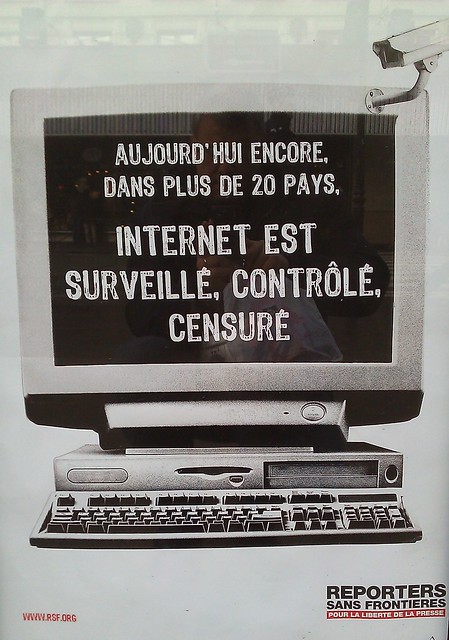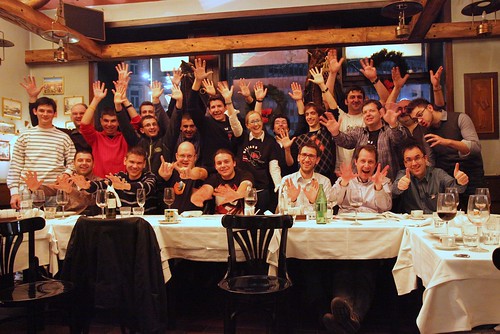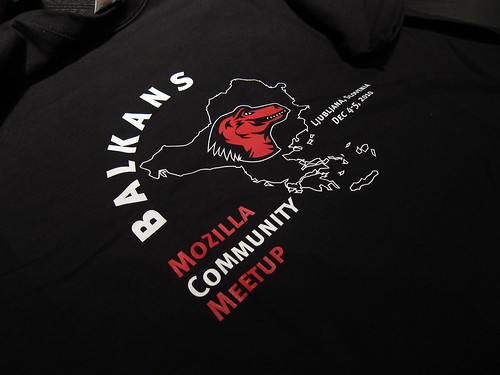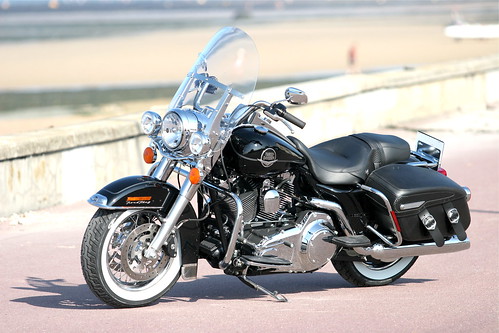Par Tristan,
mardi 14 décembre 2010.
en
As always on this blog, this article does not necessarily reflect the views of my employer.
In the light of the recent Google announcements about Chrome, Chrome OS and the Web App Store, I am getting questions from people around me and from reporters. Many people seem to forget how Google and Mozilla differ. While both of us- like Apple and Microsoft - are browser vendors who care a lot about speed and security, Mozilla is different by nature. Mozilla is a non-profit, mission-driven organization who cares about the health of the Open Web. I recognize that this may be hard to understand, as it's not very concrete. So let's see in very concrete ways how the Mozilla approach differs from the other browser vendors, who are all commercial ventures[1]
An App Store for the Open Web, not for a specific browser
Mozilla has recently announced a Prototype of an Open Web App Ecosystem. Let's see how this differs from Google's announcement on a similar topic.
In Mozilla's approach, Open Web Apps:
- work in all modern Web browsers
- Support portable purchases: An app purchased for one browser works in other browsers, and across multiple desktop and mobile platforms without repurchase
- Can be distributed by developers directly to users without any gatekeeper, and distributed through multiple stores, allowing stores to compete on customer service, price, policies, app discoverability, ratings, reviews and other attributes.
Fore more details, go read Pascal Finette's recent post: Building the Open Web App Ecosystem.
On the other hand, Google's App Store requires Chrome and centralized, two things that differ from the principles of the Open Web (choice of browsers and services to use)[2].
Getting a personalized experience without losing your privacy or control over your data
The promise of the cloud is that our data is accessible from anywhere. Like many other people, I love this idea! Now it does not necessarily mean that everything has to be stored centrally. As an individual, I want my data to stay private and not data-mined, while enjoying the benefits of the cloud.
Firefox Sync is one of these services. Built into Firefox 4 for both mobile and desktop and available as an extension for Firefox 3.6, it enables people to store their browsing history on a server so that they can access history, passwords, bookmarks and even open tabs across all his/her devices.
Mozilla understand that people expect things to work right out of the box, so we offer a server to host people's data in order to make their life easier.
- User data, when hosted by Mozilla, is encrypted on the client side, so it cannot be data-mined by Mozilla (what Mozilla hosts is encrypted data that cannot be analyzed).
- Users - should they want to - can run their own server: the protocol is public and extensible, the code is free and open (for both client and server).
Some other browser vendors offer similar services, but you cannot run them on your own server and data is not encrypted.
Conclusion
All Browsers are making significant progress in terms of performance and some of them also offer more when it in terms of security and standards support. But when it comes to choosing which browser you are going to use, one should consider the reasons of the organization who's producing it, and how it relates to keeping the Web Open and user data private.











